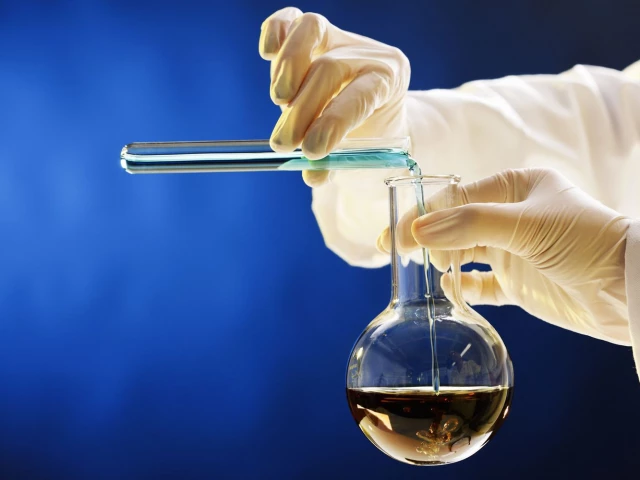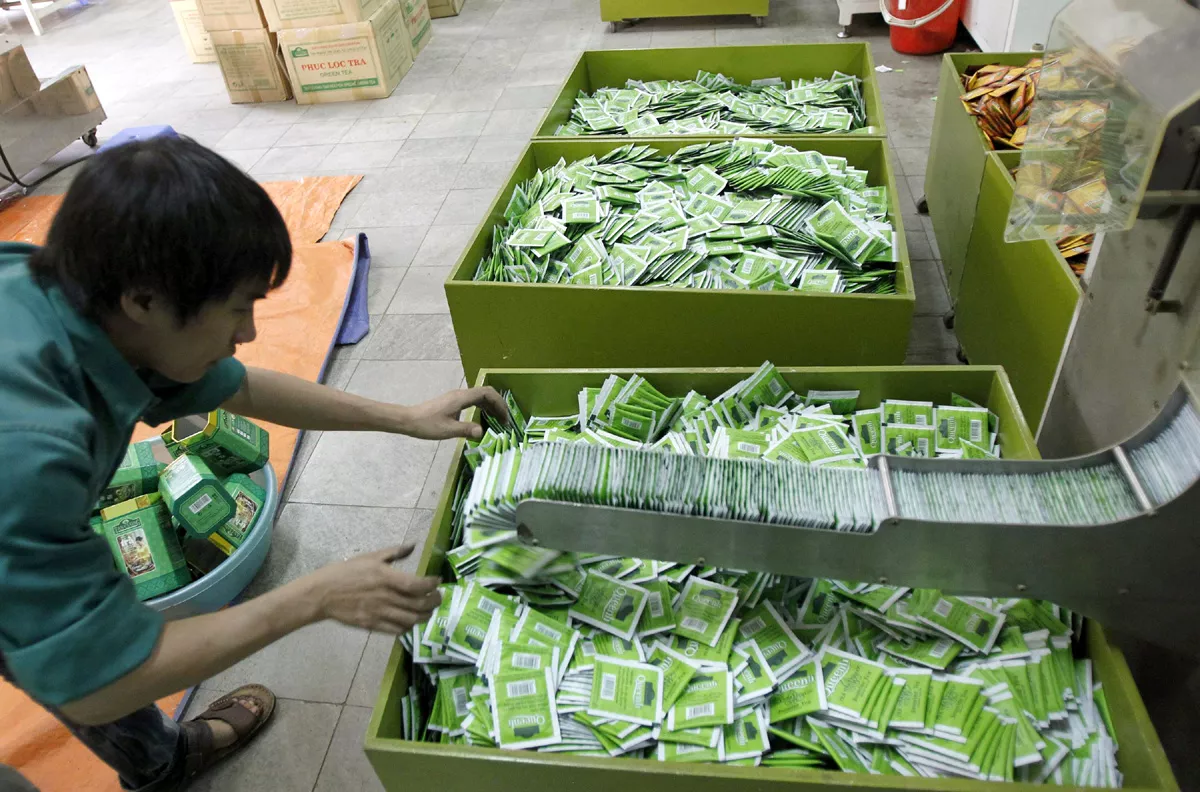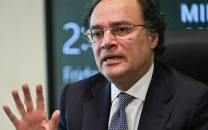SIFC to take final decision on chemical licences
Industries demand extension in date for acquiring licences, get assurance from DG explosives

The issue of delay in extension for acquiring dangerous petroleum licences has landed in the Special Investment Facilitation Council (SIFC) as the business community of Karachi is disappointed over the absence of a solution.
Sources said that the extension was discussed in SIFC, which would take the final decision and it would be binding for the Ministry of Petroleum/Explosives.
They said that a meeting was held in Karachi between DG Explosives Abdul Ali Khan and the Federation of Pakistan Chambers of Commerce and Industry (FPCCI) to discuss issues related to dangerous petroleum licences required for the release of consignments of chemicals and petrochemicals for industrial and commercial consumers. They fall under petroleum Classes A, B and C.
FPCCI Senior Vice President Saquib Fayyaz Magoon asked the DG to consider the extension in acquiring licences, which had already expired on October 23, 2025. The matter has been under discussion for the last one year and the stakeholders have yet to reach a solution. He emphasised that traders would certainly abide by provisions of the relevant law but the Department of Explosives was asking for the dangerous petroleum licence for chemicals which were not hydrocarbons and the demand was unjustified.
It is clear from the definitions of petroleum and petrochemicals that both are different products based on their use. Petrochemicals are basic raw material for almost all industries and the majority of consignments are imported by commercial importers whereas direct import by industrial consumers comprises 18-22%. For instance, the chemicals used in the textile industry and the raw material for other industries are not hydrocarbons.
Department of Explosives Director General Abdul Ali Khan said that recent amendments to the Petroleum Act 1934 showed that things had not changed with respect to norms and standards, ie, the petroleum products which included Classes A, B and C. As far as the industrial consumers were concerned, he said, the ministry had a soft corner for them and things were being streamlined.
In case of commercial importers and traders, he argued, there was a need to regulate the products coming under the purview of the Petroleum Act 1934.
The DG stressed that the ministry had been actively sorting out the issue since September 2023 and it should be regulated either by the Department of Explosives or the Ministry of Environmental Coordination. The government was committed to settling the issue, which was why the last date to acquire the licence was being extended from time to time, he said.
An industrialist belonging to the tannery sector said that apart from the problems discussed, the leather industry was concerned about the availability of raw material such as formic acid.
While pointing to the interpretation of federal and provincial laws, the DG emphasised that various courts had ruled that the federal law would prevail over provincial laws if the laws were related to the same subject. He highlighted that the laws of the Environmental Protection Agency and the Department of Explosives were overlapping and clarified that the NOC and licence were two different things as the NOC could not be a licence.
A chemical company representative told meeting participants that their principals abroad were questioning about import restrictions, saying that trade in formic acid was not restricted by any licence worldwide. The DG revealed that some stakeholders had acquired dangerous petroleum licences in Punjab and the number may increase in future.
A representative of the Pakistan Chemical and Dyes Merchants Association (PCDMA) said that a huge quantity of products, coming under the ambit of dangerous petroleum licence, was being imported by commercial importers and the percentage of industrial consumers was not more than 15-20%.
The DG told meeting participants that major items, according to a list provided to PCDMA, may be tested by reputable laboratories to find hydrocarbon content and those items in which no hydrocarbon was detected would not be included in the category.
The PCDMA representative said that the collection of samples and their testing by laboratories may take some time. Therefore, the last date to obtain dangerous petroleum licences may be extended in such a manner that the stakeholders have ample time to get the samples tested. The DG said that he had already forwarded the proposal of a two-month extension to the government.





















COMMENTS
Comments are moderated and generally will be posted if they are on-topic and not abusive.
For more information, please see our Comments FAQ